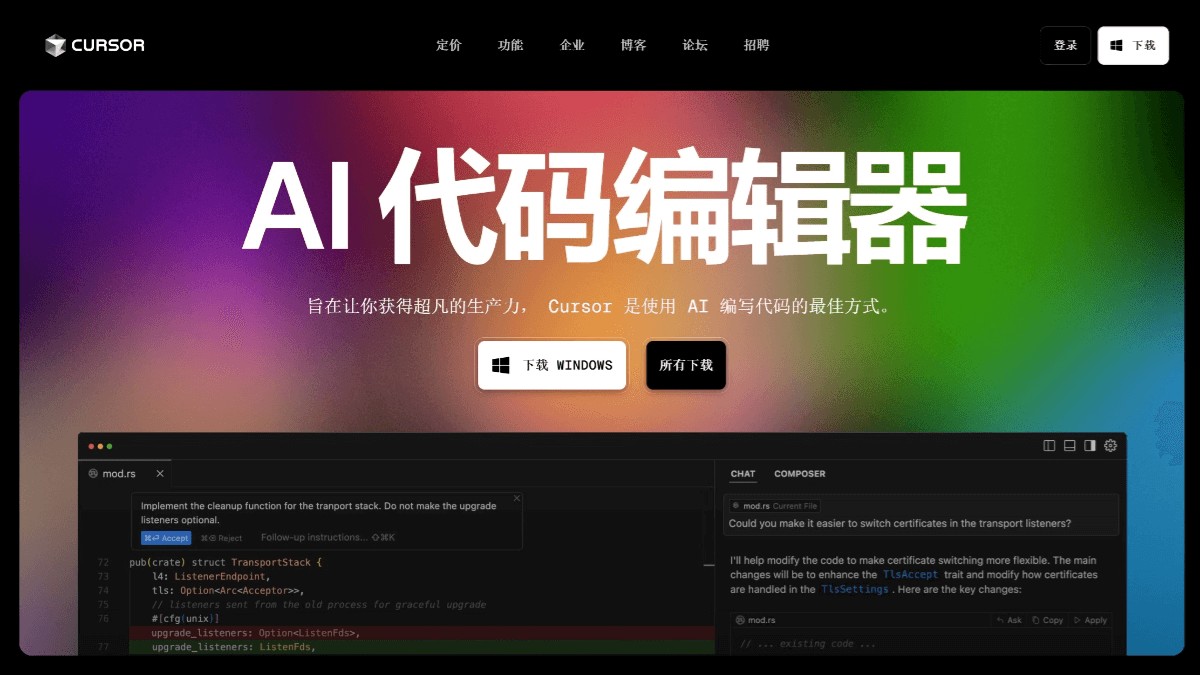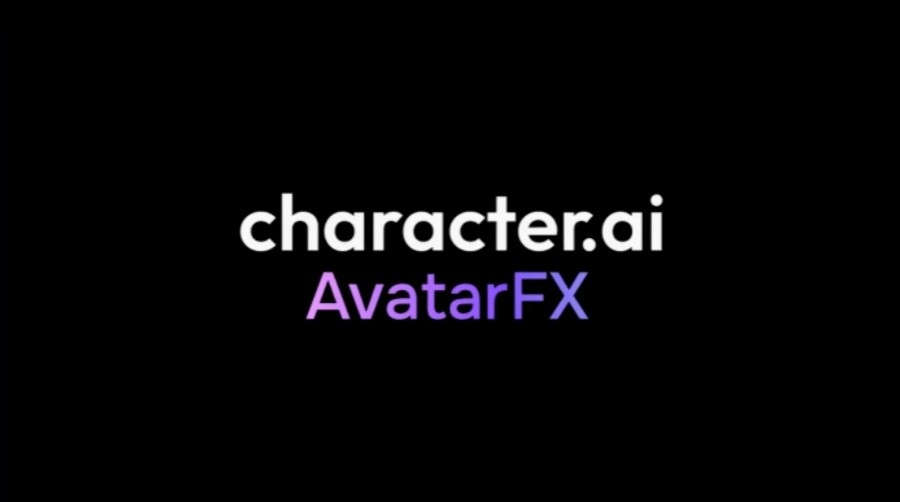
Cultivating AI development skills from 0 to 1 is divided into several stages: basic learning, practice, advanced improvement and project development. The following is a step-by-step learning path to help you gradually master AI development skills.
Learn Python : Master Python programming, introductory tutorials such as Codecademy and Python official documentation.
Basic mathematics : focus on learning basic mathematical knowledge such as linear algebra, probability and statistics, and calculus.
Basics of machine learning : Understand common algorithms such as classification, regression, and clustering, and practice using the Scikit-learn library.
Data Preprocessing : Learn how to process and clean data using Pandas and NumPy .
Learn the basics of deep learning : master core concepts such as neural networks and backpropagation, and use the TensorFlow or PyTorch framework.
Advanced models : In-depth understanding of convolutional neural networks (CNN), recurrent neural networks (RNN), generative adversarial networks (GAN), etc.
Project practice : Do practical projects such as image classification and text analysis to deepen your understanding.
Build AI projects : apply the knowledge learned through Kaggle data sets or personal projects to improve practical capabilities.
GitHub management : Upload your project to GitHub and display the results.
Learn NLP and CV : Study natural language processing (such as BERT) and computer vision (such as object detection) technologies.
Pay attention to the cutting-edge of AI : read AI research papers and participate in AI-related online courses and seminars.
Participate in Kaggle competitions : Solve practical problems and improve your skills through competitions.
Open source contribution : Participate in AI open source projects and learn advanced development practices.
Basic stage : learn Python, mathematics, and machine learning basics.
Advanced stage : Deep learning of deep learning frameworks and advanced models.
Practice stage : work on the project and upload it to GitHub.
Exploration stage : Research cutting-edge technologies and pay attention to industry trends.
Improvement stage : Participate in competitions and contribute to open source projects.
Through step-by-step learning and practice, you can quickly master AI development skills.



